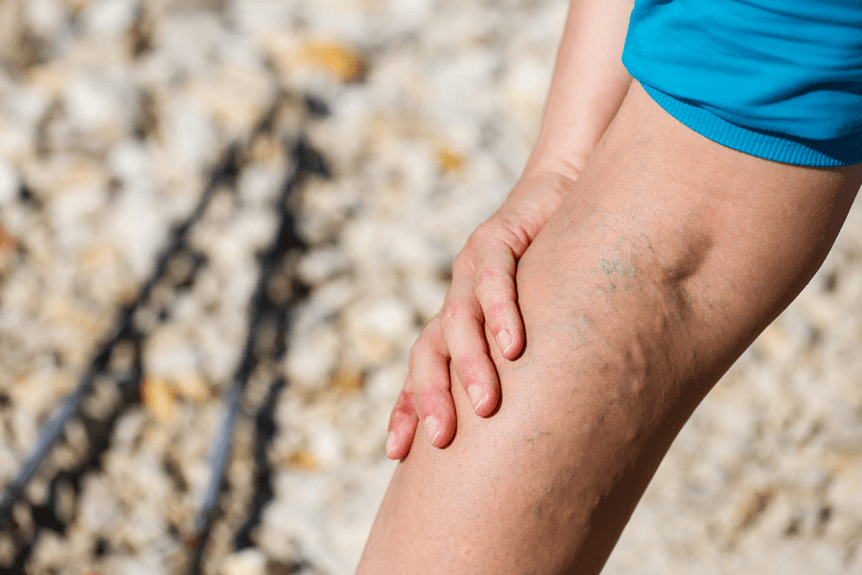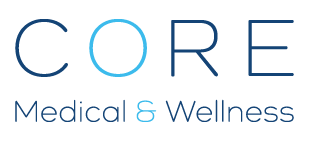
Are Varicose Veins Dangerous?
Share this Post
Varicose veins can make you feel self-conscious about the way your legs look, leading you to try to hide them. But are varicose veins simply a cosmetic issue, or are they actually dangerous? Like so much in life, the answer is, “it depends.”
Varicose veins form when the one-way valves in the veins stop operating properly, allowing blood to pool in the veins. Spider veins are small varicose veins that create a blue or red webbed pattern just under the surface of the skin. Most of the time, spider veins are solely cosmetic in nature. Larger varicose veins, though, are more likely to worsen over time, leading to increased health concerns. These include:
Pain: Pain is a sign that your varicose veins are worsening, and potentially causing a secondary health problem. See your doctor if you have a painful varicose vein.
Swelling: Fluid from the pooled blood can leak into the neighboring tissues, causing leg swelling. You might feel tightness in your skin or see an impression left behind from your socks or shoes. Over time, you may not be able to put your shoes on at all, and your skin could start to leak clear or yellow fluid. Elevate your legs and use compression stockings, and see your doctor as soon as possible.
Ulcers: As your leg swells, the normal flow of oxygen and nutrients becomes constricted, making it harder to heal from minor injuries. Skin ulcers that refuse to heal should be examined by a doctor.
Cellulitis: Cellulitis is a skin infection that is common in legs that are swollen for a long time. You may notice increased swelling as well as a patch of skin that is red and warm to the touch. Cellulitis should be treated with prescription medication, so call your doctor.
Bleeding: Since blood pools inside varicose veins, significant bleeding can result from even a minor injury. If the surface of the skin is not broken, you may see dark bruising instead. See your doctor for prompt treatment, especially if you have trouble stopping the bleeding.
Blood clots: Approximately 3% of people with varicose veins will develop a blood clot. Of those with varicose vein-related blood clots, about 25% will develop deep vein thrombosis. This is a dangerous condition due to the risk that the blood clot will break away and move to the lungs, causing a pulmonary embolism. Blood clots cause pain, increased swelling, and warmth. Check with your doctor immediately if you have signs of a blood clot.
Varicose veins, especially spider veins, are not always dangerous. However, there is always a risk of them worsening and leading to progressively more dangerous health conditions. With minimally invasive, nonsurgical treatment options readily available, it only makes sense to have your varicose veins evaluated as soon as possible.
Ready to Get Started?
If you are ready for a new, fully integrated approach to health and wellness, contact CORE Medical & Wellness today at 888-521-0688 to learn more or schedule your appointment!
Dr. Steven Kim received his B.A. in biochemistry from Cornell University, then completed his M.S. from Columbia University and his M.D. from the State University of New York Downstate Medical Center. Dr. Kim specializes in the treatment of varicose veins and vein disease. Read his full bio here.
